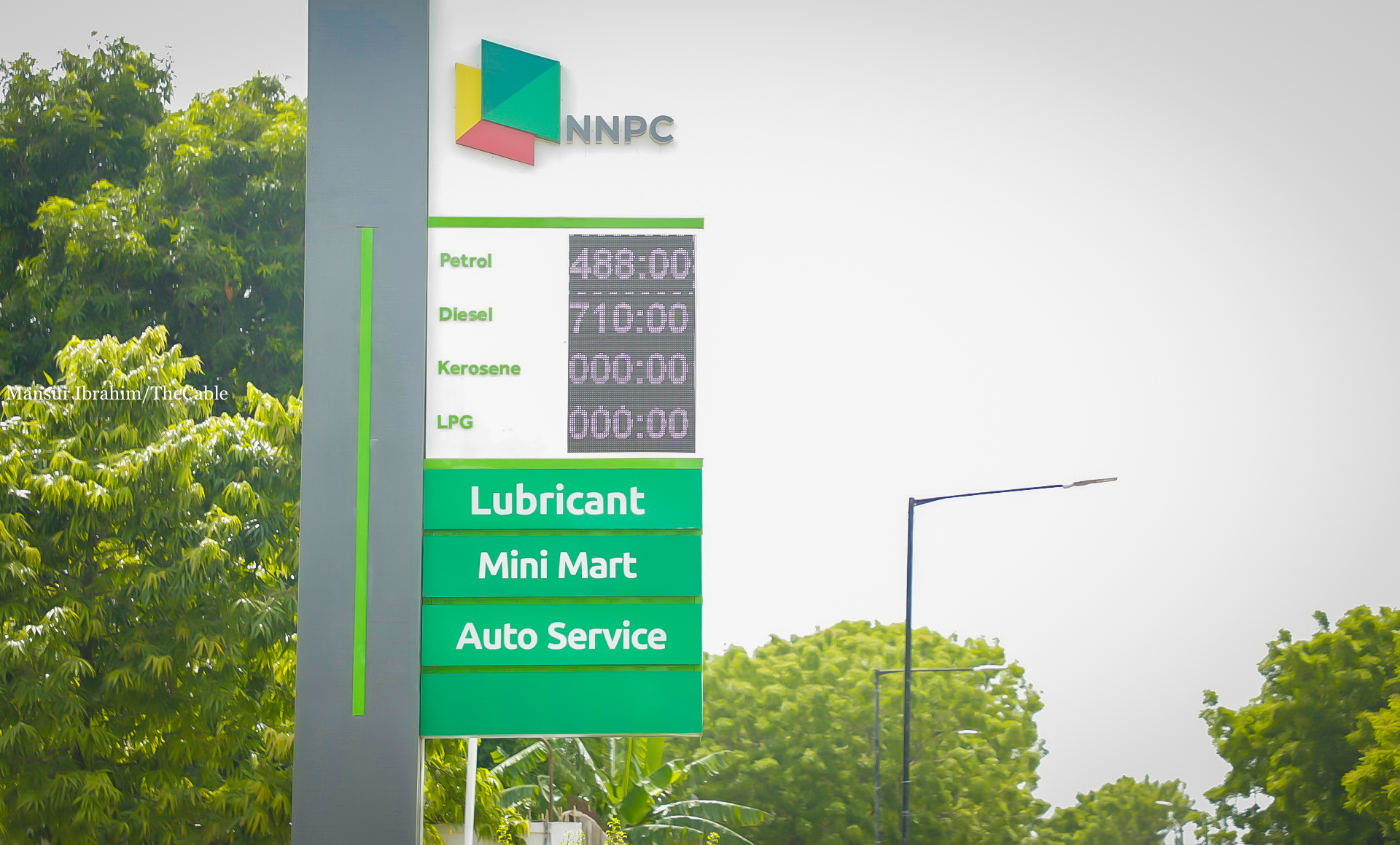By Oluwatoyin Ajilore-Chukwuemeka
Back in 2006, there was this school in front of my senior secondary school. Let’s call it School B. Unlike most other schools in the state that ran a daily schedule between 8 am-2 pm, School B ran a schedule of 7.30 am-5 pm from Mondays to Fridays with about an hour break. I vividly remembered how shocked I was when I was first told. My teenage mind thought “Why would anyone always be in school for that long?”
But even then, I understood.
As a millennial who grew up in Southwest Nigeria, I know firsthand the value that parents and guardians placed on education. As a primary/secondary school student, studying was considered your most important job and your best ticket to a great life. You were expected to study everywhere. In school. At home. Anywhere and everywhere. Millennials will not be strangers to private tutoring, especially in the Southwest. They either had a home teacher themselves or had a friend who did. The common belief was simple: the more time you spent with your school books, the higher your chances of academic success and intellectual development.
Advertisement
Let’s come back to School B.
About a week before writing this article, I made new inquiries about the school. Seventeen years later, things could have changed. To my surprise, the 7.30 am to 5 pm for Monday-Fridays still stands. The only thing that changed: students no longer come on Saturdays. The Saturday school was cancelled about 2-3 years ago, not because it was seen as unnecessary but because of growing concerns of insecurities.
There is a standing belief within certain corners of Nigerian education, especially at the primary and high school level, that the more time students spend in school interacting with teachers and their school books, the higher their chances of academic success and intellectual development. There seems to be a compulsion to keep children busy with school. From enrolling children in schools too early in their lives to keeping them in school longer and longer as the year goes by. There are children who daily do extra lessons from 4-8 pm after getting back from their 8-3 pm normal school schedule.
Advertisement
The 2023 long holiday is at the door. In a few weeks, many children and teenagers will be done with the 2022/2023 academic year. I can imagine there are parents who are already in conversation with private teachers for daily extra classes for their children between 1-5 pm after they are back from the school-led holiday classes that run from 9 am-12 pm.
Can we let the children breathe?
I know some guardians who keep their wards in school for really long hours honestly think it would help “sharpen their brain”. They think keeping the children almost always looking into a school book makes them smarter so they can have better chances at productive adult lives. However, nothing can be further from the truth. Cognitive development — the process by which human beings acquire, organize and use knowledge — happens in a way that might seem counterintuitive to many people. It requires breaks. Both short and long breaks. If you want your children to better develop their cognitive ability, you need to let them take breaks. Not just only short one-hour daily breaks in a daily 10-hour school schedule, but also well-planned extended breaks. That was why long breaks were there in the first place.
Here are 2 reasons why you should let your children really have a break this long holiday.
First, breaks are an essential part of learning. Researchers have shown that breaks keep the brain healthy and play a key role in cognitive development such as reading comprehension and divergent thinking, i.e. the ability to generate and make sense of new ideas. Breaks provide children and young adults the ability to mentally rest and reboot, which increases their chances of growing critical thinking skills. Taking breaks also offer a vital opportunity for children and young adults to interact with peers at a deeper level to develop their social skills, which is crucial in the 21st century. Reducing break times could have a significant impact on children’s social development and physical health.
Advertisement
Second, over-schooled children who grow up undervaluing rest have higher tendencies at becoming overworked adults. Overworking is becoming a leading cause of death worldwide. A collaborative study by researchers from global institutions including World Health Organization (WHO) and the International Labour Organization (ILO) reported over 750,000 deaths per year that are linked to overworking. That is, more people are dying from overwork than from malaria. Another research by a health technology company in 2020 shows that about two in every three Nigerian employees are at risk of employee burnout, a condition caused by excessive and prolonged stress, which has a significant impact on physical and mental health. Overworking is becoming a global health crisis and you cannot afford to create an environment that sows the seed of overworking into your children from an early age.
To develop intellectually and live productive adult lives, children and young adults must be given enough breaks. Let the children breathe, don’t suffocate them.
Oluwatoyin is a Doctoral Researcher in STEM Education, Social Entrepreneur, and Policy Consultant. She writes from Boston, United States, & Lagos, Nigeria. She can be reached at [email protected]
Advertisement
Views expressed by contributors are strictly personal and not of TheCable.
Add a comment






